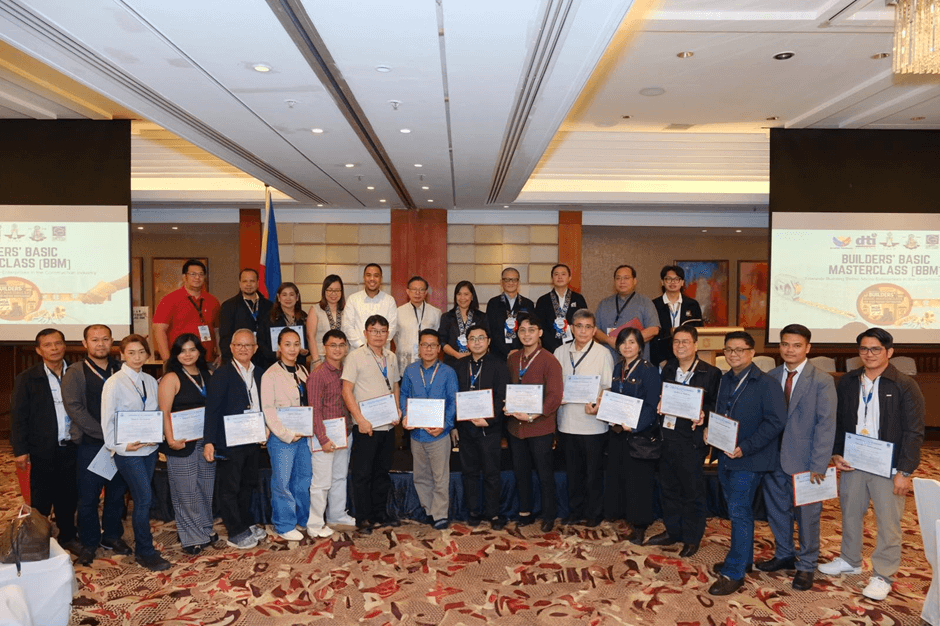

Pakyaw contractors—informal, small-scale builders typically hired on a per-project or lump-sum basis—play a crucial but underrecognized role in Philippine infrastructure. The BBM program aims to provide them with licensing pathways, training, and values formation to help them participate meaningfully in the mainstream construction industry.
Driving the news:
The initiative is spearheaded by CIAP’s Philippine Contractors Accreditation Board (PCAB) and the Construction Manpower Development Foundation (CMDF). It targets grassroots contractors, particularly in areas with limited access to formal training.
Trade Secretary Cristina Aldeguer-Roque, through DTI Assistant Secretary Leonila T. Baluyut, said the program is a long-term investment in the workers building the nation’s infrastructure.
“BBM is the kind of program that shall leave a lasting legacy,” Baluyut said.
What they’re saying:
“Though small in size, their impact is immense,” said Atty. Regino Mallari Jr., officer-in-charge of the DTI Fair Trade Group.
“From roads to homes to schools—our pakyaw contractors are essential to daily life.”
Details:
The BBM curriculum covers:
Project management
Regulatory compliance
Site operations
Business development
Leadership, accountability, and integrity
Zoom out:
With over 600 licensed pakyaw contractors in the Philippines, PCAB chair Dr. Pericles P. Dakay expects the program to significantly increase that number and elevate standards across the sector.
What’s next:
DTI plans to roll out BBM nationwide, partnering with LGUs and industry groups to reach builders in underserved regions. —Ed: Corrie S. Narisma